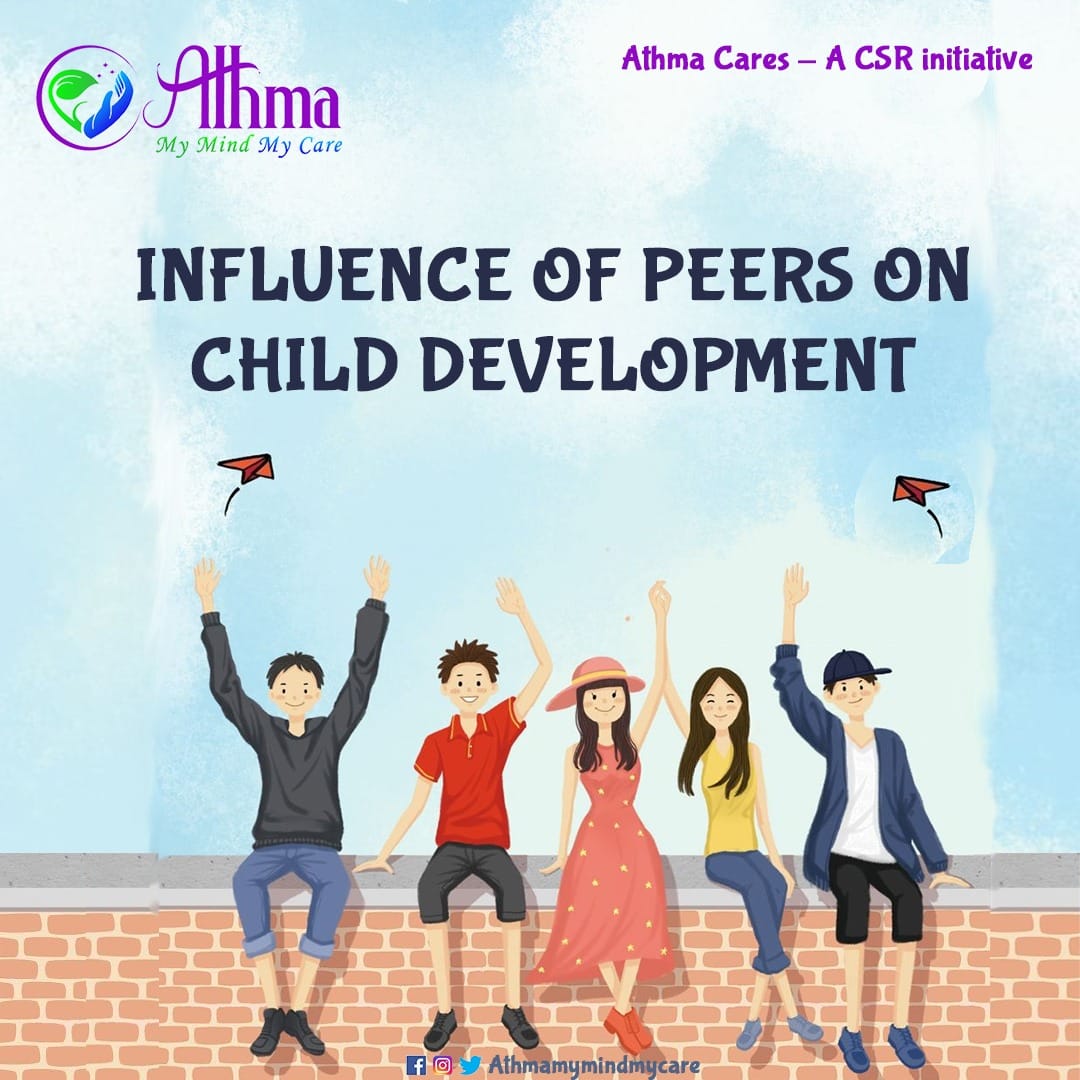Influence of peers
November 7, 2023

“She is my best friend, mom. But that girl is not my friend!” So I won’t play with her.
Children’s interactions with their parents and their peers afford diverse sociable possibilities. Interactions with peers are exchanges between people who are more coequal in dexterity and interests. The opportunity to interact with equals in more horizontal connections may improve different developmental opportunities and supports for evolution. If peers contribute substantially to the socialization of sociable competence, it follows that child who have inadequate peer affinities might evolve weaker to later life maladjustment. Numerous studies & researches shown that early peer relationships have a significant correlation with aggressive, delinquent, oppositional, and illegal behaviours. Especially peer rejection may be related to increased risk for internalizing problems such as anxiety and depression.
The questions that we discuss here is:
1. When do children acquire the capability to bond to their peers?
2. What skills promote early peer relations?
3. Why do young children accept some peers and reject others?
4. Do early peer relations have a long-term impact on children’s development?
By six months of age, infants can communicate with other infants by smiling, touching and babbling. In the second year of life, they show both prosocial and aggressive behaviour with peers as well. Although many researchers pointed out many skills that usually develops peer relations, the important one’s as whole is as follows:
(a) Handling joint attention;
(b) Controlling emotions;
(c) Inhibiting impulses;
(d) Emulating another’s actions;
(e) Learning cause-and-effect relationships; and
(f) Linguistic competence.
As from the initial wordings of this article, children name those peers they like and (sometimes) dislike. These methods show that some children are accepted by their peers, whereas others are either actively rejected or ignored. Peer acceptance is most straight influenced by children’s own behaviour. Studies reveal that highly aggressive children are not tolerated by their peers as well. As an extend, it may honestly be the absence of prosaically behaviour, not the presence of aggression, that boosts peer rejection.
There are obvious links between very earlier peer relations and those that occur later in childhood. Children who were without friends in lower ages were still having difficulties dealing with peers at the age of 10. Put another way, having friends in early childhood appears to protect children against the development of psychological problems later in childhood.
One important significance that derives is that parents, teachers, and early childhood teachers should monitor young children’s early social relations as a potential window into their psychological adjustment and well-being.